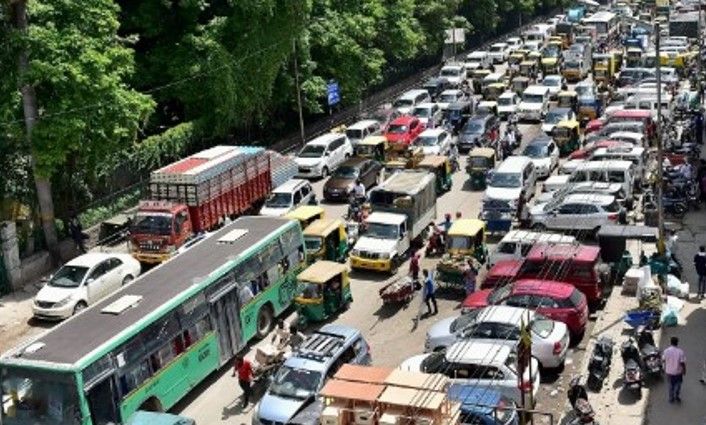Delhi is taking a step to tackle traffic congestion by introducing a congestion tax, aimed at reducing traffic during peak hours. The government plans to charge drivers for using specified roads during peak hours, a strategy known as "congestion pricing". This isn't Delhi's first attempt at implementing a congestion tax; a similar proposal was discussed in 2018, focusing on 21 high-traffic stretches, including the ITO intersection and Mehrauli-Gurgaon Road.
Thirteen key locations on Delhi's borders have been identified for the pilot phase, with plans to automate tax collection through FASTag, exempting two-wheelers and non-polluting vehicles. The revenue generated will be used to enhance public transportation and improve road infrastructure, particularly for vulnerable users like cyclists and pedestrians.
Other cities, like Bengaluru, are also considering congestion taxes to ease traffic on high-density roads during rush hours. The idea is to utilize the FASTag system to collect taxes from vehicles, that are non-exempt, entering the city during peak hours. This revenue can then be used to improve public transport, reduce pollution, and enhance the overall quality of life.
Interestingly, major cities across the globe like Singapore, London, and Stockholm have successfully implemented similar taxes to manage traffic and reduce congestion. By adopting this strategy, Delhi aims to alleviate traffic woes and create a more sustainable transportation system.
You may also like

Hiked train ticket fares kick in from today

'Kept out' of state chief race, Raja quits BJP

UP News: Gorakhpur's Mahayogi Gorakhnath University Charts Rapid Growth In Education, Research And Sustainability

BJP new chief likely by mid-July with state units nearly in place

Audio of firefighter calling for help after two colleagues killed: 'Everybody's shot'







